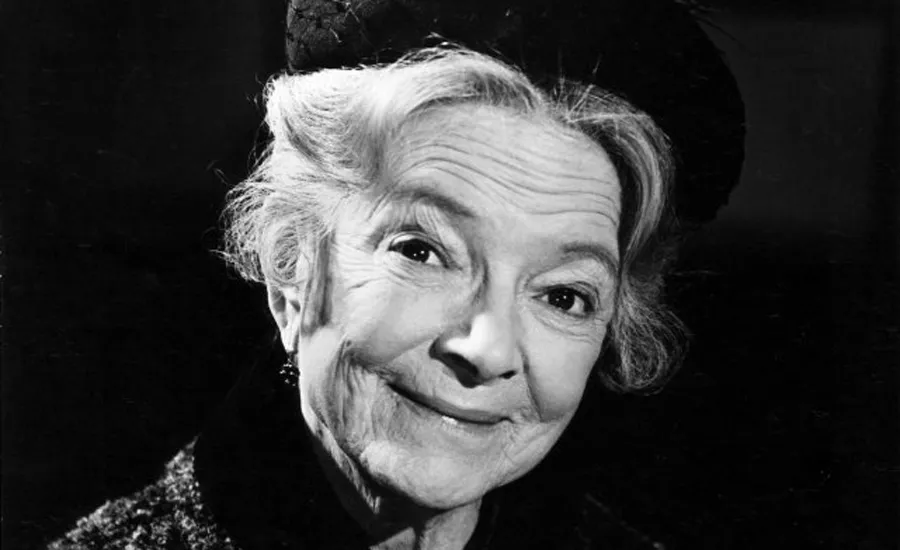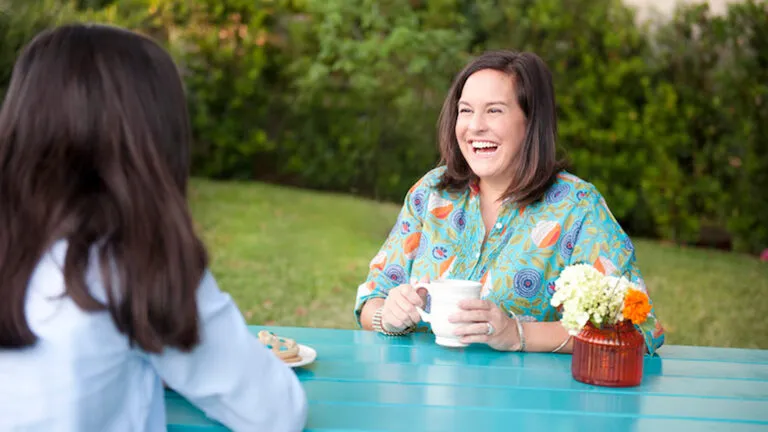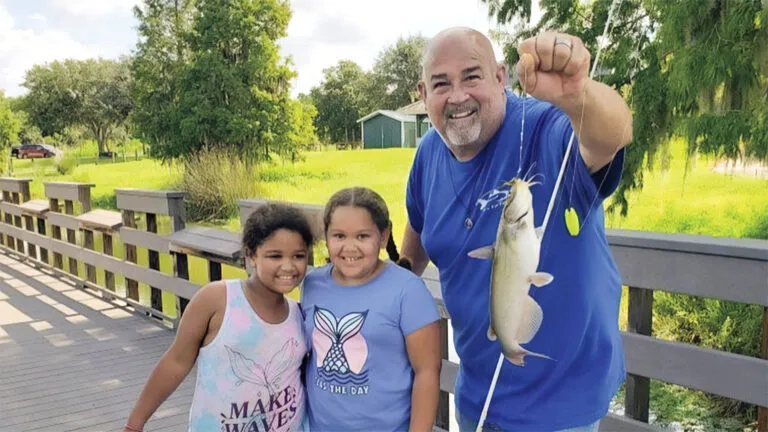When you have lost someone who is dearer to you than life itself, the gaiety and heedlessness of a fiesta crowd is bewildering. You wonder how anybody can possibly be so elated when it is plain to you that this is a lonely world.
When a close loved one died some years ago, my son and I tried to weather a siege of loneliness and bittersweet memories by going to Cuernavaca, Mexico. We arrived at the start of the Christmas season.
But I was just not ready for the fiesta spirit that surged over the walls and in through my open windows. I was an alien and I knew it, an alien alone on an island of grief.
For a place of solace I found a beautiful old Franciscan church on the cathedral square. I discovered I could pray in that church; and when I could not pray, it was comfortable just to sit there, watching the brilliant sunshine streaming through the old Spanish door and reflecting on the griefs and joys that had come through it in two and a half centuries.
ENJOYING THIS STORY? SUBSCRIBE TO GUIDEPOSTS MAGAZINE!
After a few visits to the church, I began hearing a lot about one of its young priests, Father Wasson, a man with a very large heart. I made it a point to see him for myself.
Father Wasson is large, shy and guileless—looking. He is accomplishing a quiet revolution in Mexico. Well, not exactly quiet—boys are not the stuff that quiet is made of, but quiet in the sense that there is no fanfare. About 15 years ago he started taking in boys who had been in trouble with the law. Now he has cared for well over a thousand
Exactly how he clothes and feeds all those children not even he is sure. Except that he has many friends—in Mexico, in the United States, Canada and in heaven. The friends are, indeed, part of the miracle—they prove that goodness is contagious.
Once he had to borrow money from the sewing woman to buy tortillas for the week. Another time when there was absolutely nothing in the cupboard, he got a large check from a stranger. When he really needs something, when the need is tangible and desperate, he doesn’t go to the local bank, he prays for what he needs. Somebody promptly comes along and gives him just enough money. To him this is an admirably simple system.
Just when you have decided that he is a nice uncomplicated soul, left over from the early Franciscans, you discover that he is also a college professor and a psychiatrist. I know these things now, but I didn’t then. He struck me, as he does many people on first acquaintance, as someone who has wandered out of a storybook and should not be allowed to bruise himself on our sophisticated problems.
Father Wasson took me to see his children, and I saw them at their best, all scrubbed and shining for Christmas season. In Mexico, Christmastime is a totally religious holiday, with no gifts. It actually begins with an event called a posada on the evening of the 16th. In the Latin custom, this is Christ’s birthday and He should get the gifts. This I found very beautiful.
My anguished heart was soothed by the look in the children’s eyes; this world was still magic for them, cold or no cold, hunger or no hunger. When you see the great, solemn, shining eyes of the children, you reach out, you think, Heaven is still there, if only I can touch it. I reached out timidly, gropingly, and found a small warm hand that was little-boy grubby but magnificently understanding. And so I met Rudi.
Someday Rudi will break somebody’s heart with those great limpid eyes. He was a little rascal whose time in the streets had not been wasted, and he had the face of a Murillo cherub.
Rudi escorted me through the posada. Each evening, just as the stars began to push through the curtain of a green and lavender sky, we all lined up and began the posada, a sort of pageant right out of the middle ages where you go from door to door unsuccessfully seeking a lodging for José, a poor carpenter, and his wife Maria. Four little boys carry the litter with the statues of San José and his wife Maria. And down the centuries came the litany of excuses:
“I cannot let you in, Lord, because important people would be embarrassed by you.”
“I cannot let you in because I am so busy grubbing for some wealth to leave behind me.”
“I cannot let you in because you have no social standing.”
“I am too busy. I am too busy. Go away.”
“I cannot let you in because hate has sealed the door.”
Rudi, as gallant as any knight of old Castile, escorted me from door to door, looking at my face from time to time to see how I was taking it. As we walked along, singing the endless verses of the old chant, I could not have stopped if I had wanted to. Neither of us knew the other’s language, but I heard him loud and clear. The grand, sonorous prayers I had said as a child came back to me.
At the very summit of the Christmas season is the Day of the Kings, the day of gifts for the children. Rudi’s uncontained excitement fizzed over into the silent gardens of my heart. Alerted by his great zest for living, I too began to scan the horizon for those three mysterious figures to come riding out of the East to bring gifts: Caspar on his fine Arabian horse, Melchior on a stately camel, and Balthasar the Ethiopian on a great gray elephant.
All my life I had lived with the make-believe of the theater and a world shaped with the magic of words. Now, wordless, a fantastic little actor was weaving around me a world of make-believe that was part and parcel of this great fiesta of light. You had to be a child to fully comprehend, but with Rudi’s help I did pretty well.
Every step I took in the posada was a going back; every drop of my Irish blood reminded me that I had once been a citizen of Rudi’s world of unquestioning trust in an all-provident Father in heaven.
Over the next days I reflected that God had been very good to me through the years of an interesting life. God gave and He took away and I had not been as meek as Job about it. Finally I asked Father Wasson to instruct me for my return to the church from which I had drifted years ago.
Like others of father’s earthly friends, I tried to help him get some money for the ever-growing needs of his family. We talked a beautiful station wagon out of the Rotary Club of Cleveland, Ohio. We sought by a dozen means to pull together the poles of supply and demand. Sometimes this was sad work and sometimes we got angry. But I remember these enterprises most for the lovely laughter. We laughed in a beautiful knowledge that he is already doing the completely impossible.
All that was some years ago. But still, going back to Cuernavaca now is like going home. The wriggling, bright-eyed boys who smiled at me that first Christmas are gone now—most of them are teaching, some are married.
And though their places have been taken by others of Mexico’s beautiful children, Rudi and his friends—including wonderful Father Wasson, who still labors on—are not forgotten. They never can be. For they brought me a special gift that Christmas—not in a sack, tucked in with toothbrushes and new clothes and sugar cane. My gift came as an oasis of peace in a time of sadness—a gift of new love given me at a time when I desperately needed to love.
There is the time in every life, I think, a time of the star, a moment very dark when one must look up and—if he is wise—follow the light as the Magi did, a light that leads to love and hope.
Did you enjoy this story? Subscribe to Guideposts magazine.





